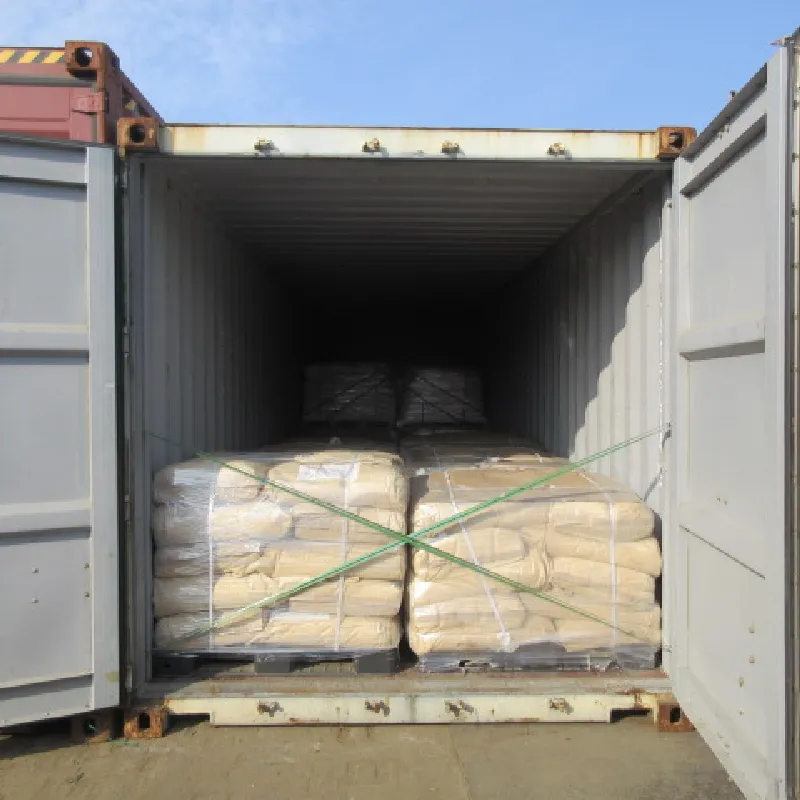
Kieserite Fertilizer Benefits and Applications for Optimal Plant Growth and Soil Health
The Role of Kieserite Fertilizer in Sustainable Agriculture
Kieserite, also known as magnesium sulfate monohydrate, is an important mineral that has gained significant attention in the realm of agricultural fertilizers. This naturally occurring compound, primarily sourced from evaporite mineral deposits, is rich in magnesium and sulfur—two essential nutrients that play a critical role in plant growth and health. As the agricultural industry increasingly seeks sustainable solutions to meet the challenges of food production, kieserite emerges as an effective and environmentally friendly option.
The Nutritional Benefits of Kieserite
Plants require a variety of nutrients for optimum growth, with magnesium being a key player in processes such as photosynthesis and enzyme activation. Magnesium enhances chlorophyll formation, which is crucial for the absorption of sunlight and energy conversion. Moreover, magnesium ions help in stabilizing the structure of ribosomes, facilitating protein synthesis. On the other hand, sulfur is vital for the synthesis of amino acids and crucial metabolic processes, impacting overall plant vigor and yield.
Deficiencies in magnesium and sulfur can lead to significant yield losses and reduced crop quality. Signs of magnesium deficiency in plants include yellowing of leaves, poor fruit development, and stunted growth. By applying kieserite as a fertilizer, farmers can mitigate these deficiencies, ensuring robust plant growth and improving overall crop performance.
Environmental Sustainability and Soil Health
In recent years, there has been a growing emphasis on sustainable farming practices that minimize the detrimental impact of agricultural activities on the environment. Kieserite fertilizer aligns well with this objective. Unlike some synthetic fertilizers that can lead to soil degradation and waterway pollution, kieserite contributes to soil health by enhancing its nutritional profile without introducing harmful chemicals.
kieserite fertilizer

Furthermore, the use of kieserite can promote the uptake of other nutrients in the soil, such as phosphorus and potassium, thereby improving nutrient efficiency. This synergistic effect can lead to reduced fertilizer application rates, lowering costs for farmers while minimizing the risk of nutrient runoff, a significant contributor to water pollution.
Application and Use of Kieserite
Kieserite can be applied to various crops, including fruits, vegetables, and cereals. It is often utilized in both conventional and organic farming systems because of its natural origins and low environmental impact. Farmers can incorporate kieserite into their fertilization programs by applying it directly to the soil or through foliar sprays, depending on the specific needs of their crops.
The timing and method of application are critical to maximizing the benefits of kieserite. It is commonly recommended to apply kieserite at the beginning of the growing season or during critical growth phases when magnesium and sulfur requirements are at their peak. Regular soil testing can help farmers determine the appropriate application rates to achieve the best results for their specific crop conditions.
Conclusion
As the demand for food continues to rise, the need for sustainable agricultural practices becomes increasingly paramount. Kieserite fertilizer, with its rich magnesium and sulfur content, offers a viable solution to enhance crop productivity while promoting soil health and environmental sustainability. By integrating kieserite into their fertilization strategies, farmers can not only improve their yields but also contribute to the overarching goal of sustainable agriculture—balancing productivity with environmental stewardship. As research and development in this area continue to evolve, kieserite remains a promising component in the toolbox of modern agriculture, paving the way for healthier crops and a healthier planet.
-
Why Glacial Acetic Acid Food Grade Is Essential in FlavorNewsMay.26,2025
-
Surging Export Growth of Food Additives in ChinaNewsMay.26,2025
-
How Ammonium Nitrate Fertilizer Boosts Crop YieldsNewsMay.26,2025
-
How 1,2,3-Benzotriazole Shields Plastics from UV DegradationNewsMay.26,2025
-
Cyanide in Gold Mining: Protecting People and the PlanetNewsMay.26,2025
-
Aluminum Hydroxide in Modern Sunscreen FormulationsNewsMay.26,2025
-
Understanding Synthetic Rubber OptionsNewsApr.27,2025
Hebei Tenger Chemical Technology Co., Ltd. focuses on the chemical industry and is committed to the export service of chemical raw materials.
-

view more DiethanolisopropanolamineIn the ever-growing field of chemical solutions, diethanolisopropanolamine (DEIPA) stands out as a versatile and important compound. Due to its unique chemical structure and properties, DEIPA is of interest to various industries including construction, personal care, and agriculture. -

view more TriisopropanolamineTriisopropanolamine (TIPA) alkanol amine substance, is a kind of alcohol amine compound with amino and alcohol hydroxyl, and because of its molecules contains both amino and hydroxyl. -

view more Tetramethyl Thiuram DisulfideTetramethyl thiuram disulfide, also known as TMTD, is a white to light-yellow powder with a distinct sulfur-like odor. It is soluble in organic solvents such as benzene, acetone, and ethyl acetate, making it highly versatile for use in different formulations. TMTD is known for its excellent vulcanization acceleration properties, which makes it a key ingredient in the production of rubber products. Additionally, it acts as an effective fungicide and bactericide, making it valuable in agricultural applications. Its high purity and stability ensure consistent performance, making it a preferred choice for manufacturers across various industries.











